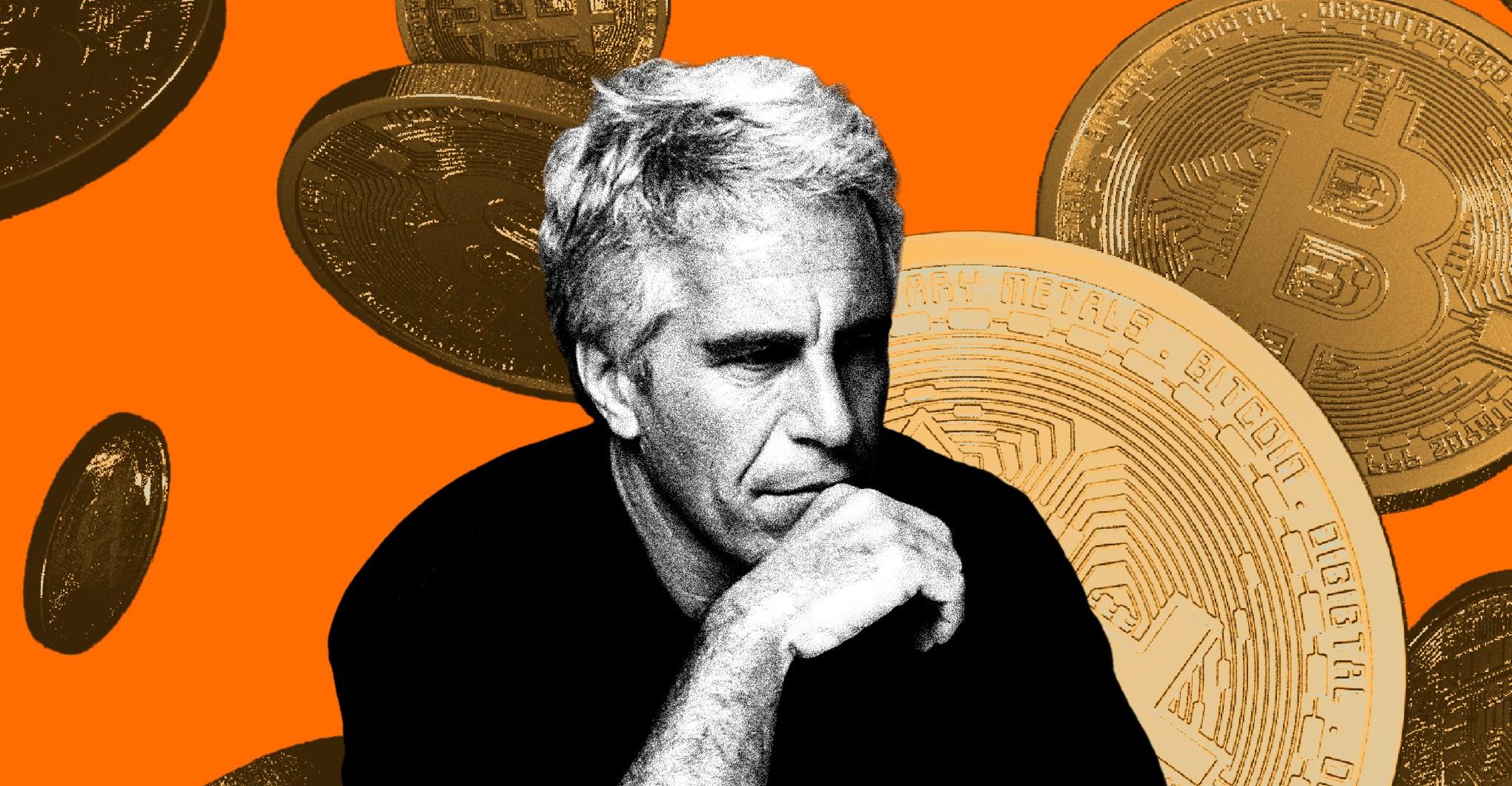Was a close ally of Turkish leader Erdogan until they fell out

Published ایک سال قبل on اکتوبر 21 2024، 7:24 شام
By Web Desk
Istanbul (Reuters): The U.S.-based cleric Fethullah Gulen, who built a powerful Islamic movement in Turkey and beyond but spent his later years mired in accusations of orchestrating an attempted coup against Turkish leader Tayyip Erdogan, has died. He was 83.
Herkul, a website which publishes Gulen's sermons, said on its X account that Gulen had died on Sunday evening in the U.S. hospital where he was being treated.
Gulen was a one-time ally of Erdogan but they fell out spectacularly, and Erdogan held him responsible for the 2016 attempted coup in which rogue soldiers commandeered warplanes, tanks and helicopters. Some 250 people were killed in the bid to seize power.
Gulen, who had lived in self-imposed exile in the United States since 1999, denied involvement in the putsch.
According to its followers, Gulen's movement - known as "Hizmet" which means "service" in Turkish - seeks to spread a moderate brand of Islam that promotes Western-style education, free markets and interfaith communication.
Since the failed coup, his movement has been systematically dismantled in Turkey and its influence has declined internationally.
Known to his supporters as Hodjaefendi, or respected teacher, Gulen was born in a village in the eastern Turkish province of Erzurum in 1941. The son of an imam, or Islamic preacher, he studied the Koran from infancy.
In 1959, Gulen was appointed as a mosque imam in the northwestern city of Edirne and began to come to prominence as a preacher in the 1960s in the western province of Izmir, where he set up student dormitories and would go to tea houses to preach.
These student houses marked the start of an informal network which would spread over the following decades through education, business, media and state institutions, giving his supporters extensive influence.
This influence also spread beyond Turkey's borders to the Turkic republics of Central Asia, the Balkans, Africa and the West through a network of schools.
New Zealand beat South Africa to reach T20 World Cup final
- 17 گھنٹے قبل

The US military reportedly shot down a CBP drone with a laser
- ایک گھنٹہ قبل
Iran Guards say launched more than 40 missiles at US, Israeli targets
- ایک دن قبل

The AI industry’s civil war
- 8 گھنٹے قبل

PM takes parliamentary leaders into confidence regarding Pak-Afghan situation
- ایک دن قبل
UCL talking points: Madrid, PSG or Italian football -- who is worse off?
- 9 گھنٹے قبل
Iran postpones state funeral for Khamenei: state TV
- 21 گھنٹے قبل

Jeffrey Epstein saw promise in Bitcoin — and its far-right supporters
- ایک دن قبل

The Galaxy S26 is a photography nightmare
- ایک دن قبل

NASA is pushing back its plans for a Moon landing
- ایک گھنٹہ قبل

Use of Afghan soil against Pakistan unacceptable: CDF
- 10 گھنٹے قبل

The Supreme Court’s Republicans just seized the most dangerous power in constitutional law
- 8 گھنٹے قبل
You May Like
Trending







